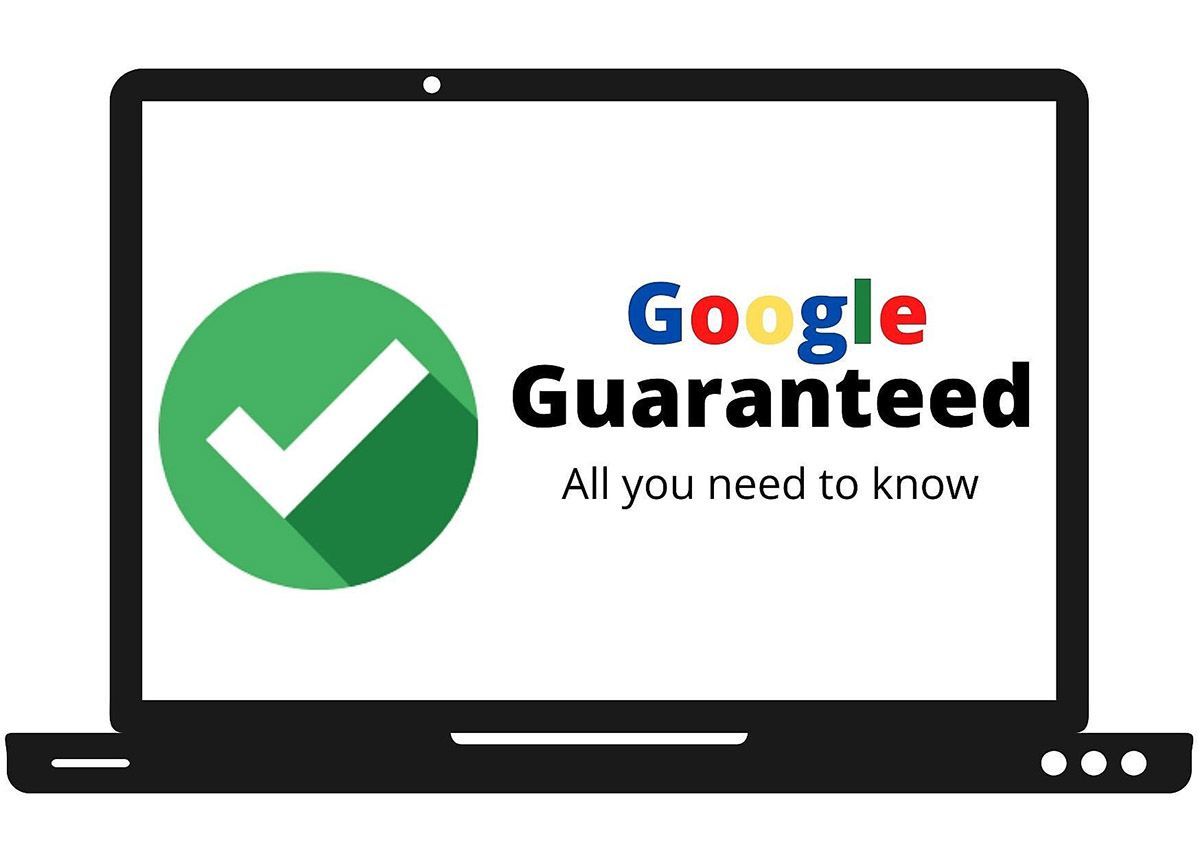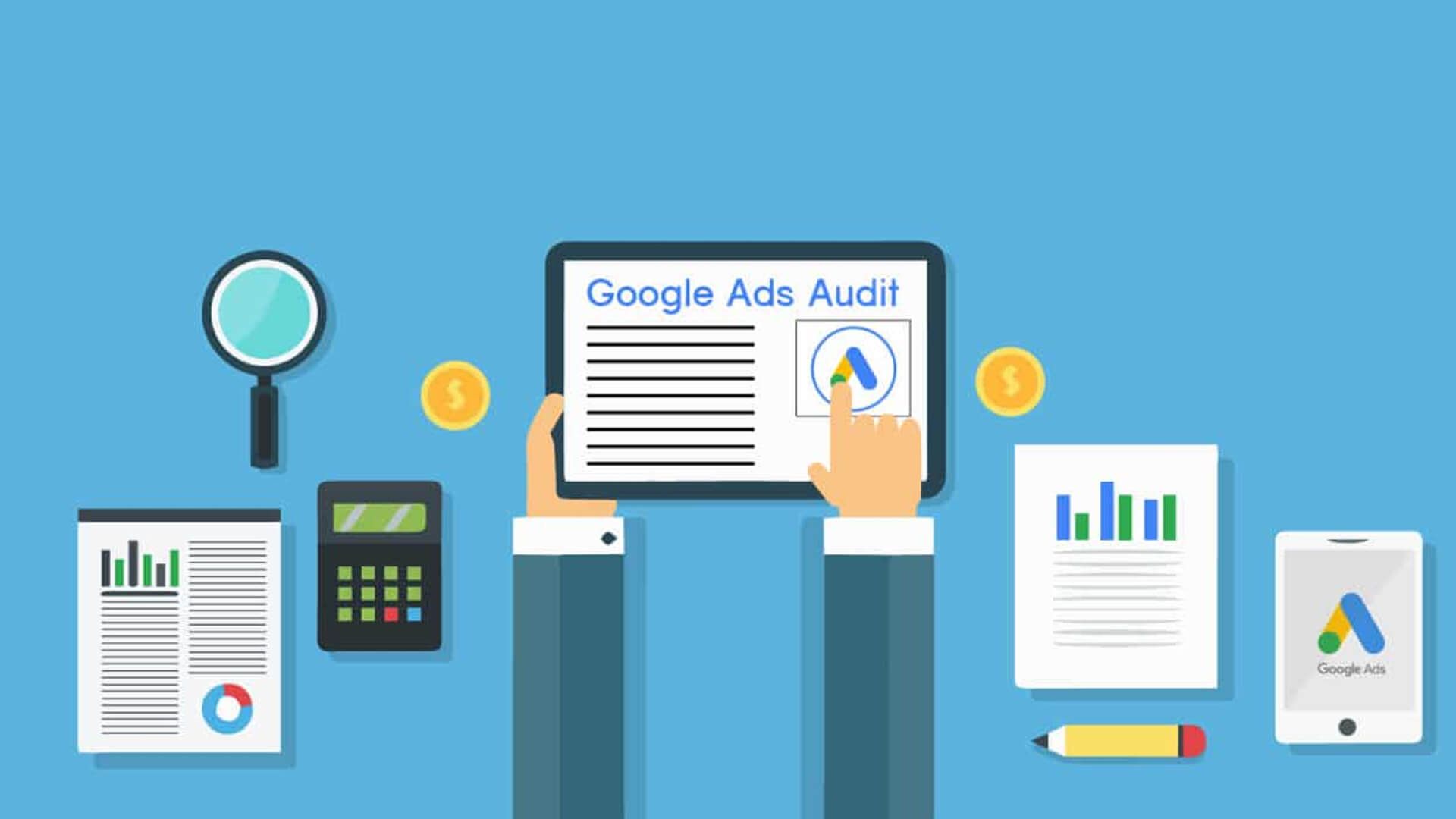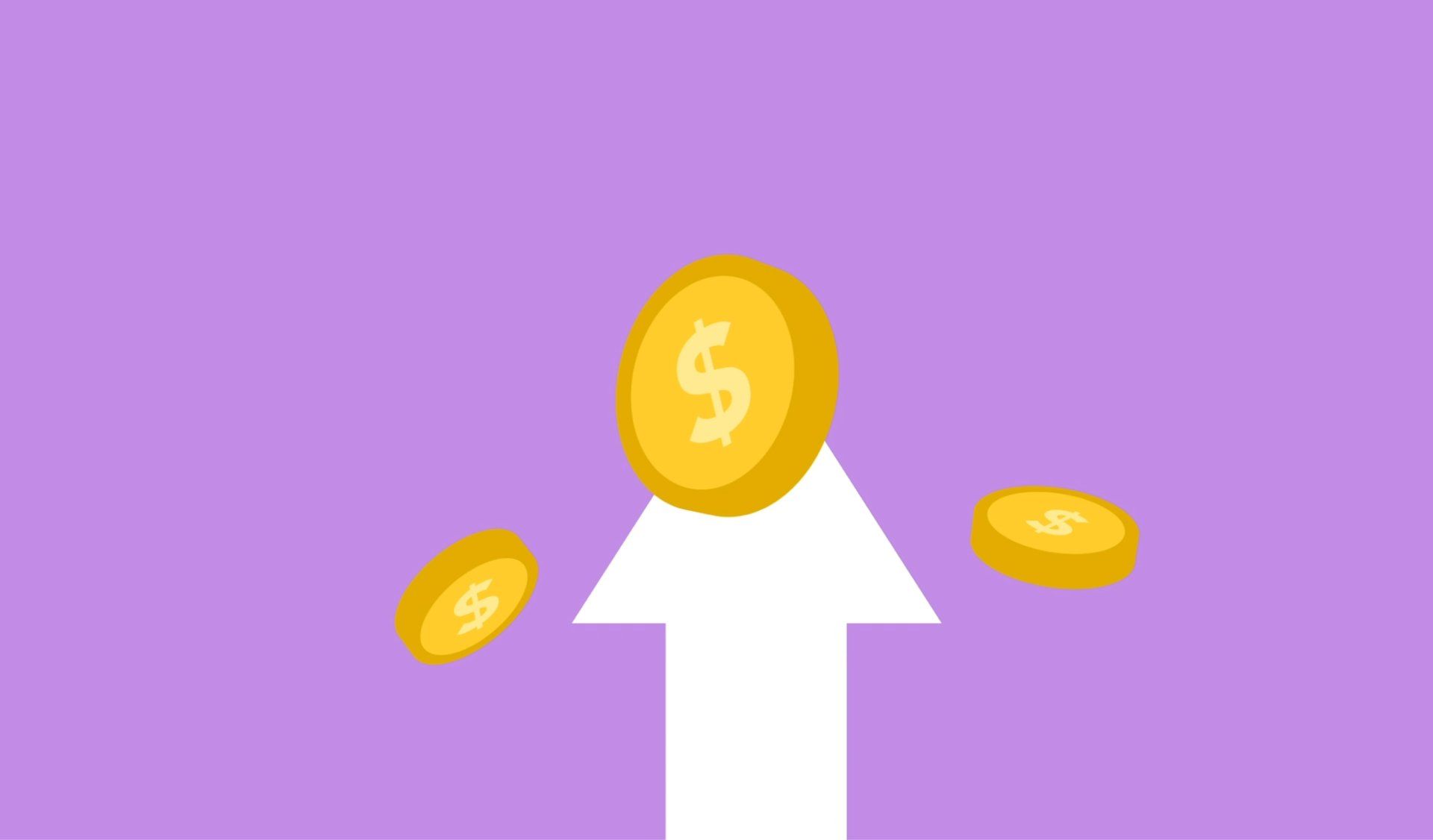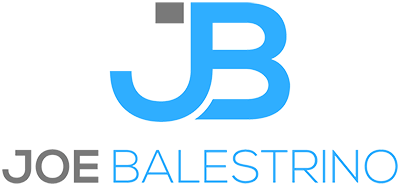Website Not Showing Up In Google?
Why Does My Website Not Showing Up On Google?

Your website was launched a few weeks or months ago and you’re excited about all the new business the site will bring. However, you haven’t noticed any increase in traffic from search. You’ve done the basics and still no traffic? What can you do? Before you panic read my list of the 20 most common reasons why your SEO may not be working.
If you’ve gone through this list and still can’t figure out why it may be time to consult an expert.
➡️ There hasn’t been enough time - If your site is new it’s can take 6 – 12 months before you see any organic traffic. If you’ve haven’t created any new content, worked on backlinks and worked on getting the word out about your site – don’t expect much to happen. You can’t just have your site sit on the internet and not put work into it. As with any business online or not –, you need to invest both your time and money to make it successful.
Google will crawl your site and watch what you do over the coming months. Unless you show Google you’re a reliable source of information, Google won’t rank your content.
➡️ You’re targeting too many broad terms - Many new website owners expect their site to rank from one and two words in Google. There are several reasons why this is a poor strategy. One and two keywords are very competitive and sites with a lot of authority will rank for these terms. Something new and even older websites can achieve without a lot of incoming links
These terms tend to be very broad. Even if you could rank for a single keyword the chances you offer exactly what the user is looking for are slim. Going after long phrases will help you target searches who are looking for something specific and you’re more likely to rank for those phrases.
➡️ You’re not providing valuable content. - Is the content you are creating valuable? Is it informative? Or, is it something hundreds of other sites have covered already? What makes your content better? Unique? Is the content lengthily? Do you have images, videos, and links to valuable resources? If you have posts between 300 – 500 words with no real value – don’t expect Google to rank it. Google prefers longer content that is full of information that keeps users engaged.
➡️ You’re not going after the right terms - What do I mean by that? What I mean is… are the terms you’re going after too broad? Are you going by search volume only? If you rely too heavily on tools you’ll run into issues because you’re letting a keyword tool dictate what you write. I do believe that keyword tools have their place in content creation, but if you rely too much on them you’ll wind up with little traffic and a lot of wasted time.
➡️ You don’t have a content strategy -Your content strategy should address two major audiences.
The first audience is performing the search knows what they want. Your “services” pages should talk about your product or service and how you can help solve a particular problem or issue. If you’re a CPA you may have a service page optimized for “Small Business CPA NY”.
The next audience is those who are seeking answers to questions or researching a topic that can lead them to your product or service. Let me explain; If you’re a CPA your service page may target the phrase “CPA for small businesses in NY”. Your blog posts would target questions such as… “What are the new tax laws for 2091?”, “Do I need an accountant to file my small business taxes in NY?” or “Can I file my NY business taxes myself?” As you create content you also create more opportunities for searches to find your business.
➡️ You don’t have enough incoming links - Links are very important. There are several ways you get acquire links and some are easier than others. I won’t go into methods in this article. I just want to point out that links are very important. If you don’t know how my links you have or have done nothing to try and acquire links – you probably don’t have enough.
➡️ Your site architecture is weak - Mobile visitors have surpassed desktop users however, minimizing your navigation can have a serious impact on your content’s ability to rank. Google takes a look at how many clicks from the main navigation it takes users to find all of the content on your site. If it takes more than 3 clicks to get to pages – those pages will lose value.
➡️ Your meta descriptions are blank, boring or irrelevant - If you look at some of your rankings in Google – what do your meta descriptions read? Are they enticing? Provoke curiosity? Demand action? If you leave your meta description is left blank Google will pull content from the page. In many cases, the blurb they pull doesn’t make sense or it could be text from the navigation.
Google tracks how searches engage with sites that show in their results. If you can improve the click-through rate from search results, it will help improve your overall rankings.
➡️ Your site goes after too many topics - Google ranks a site based on several metrics and one of those is relevancy. Google loves experts and sites that cater to a specific topic. If your site speaks on several different topics it is less likely to rank. If you are an expert on several topics it is better to build separate sites.
➡️ Site speed is slow - Site speed is a ranking factor and slow sites provide a poor user experience in Google. Google wants users to find the content they want as fast as possible. If your site is slow to load there is a good chance your content and site will be demoted until this is fixed.
➡️ Duplicate content - If you use WordPress and love tagging all of your content under numerous “tags” it could be hurting you. When you add tags to content it generates a different url. I’ve seen pages with dozens of tags which creates dozens of copies of the same content. You can easily block these tags from being indexed by using a plugin such as Yoast.
If you are using content from other websites that is also duplicate content. Using content from another site will guarantee that your site won’t rank for any terms as Google has already found the same content on other sites. This can also impact eCommerce sites that use duplicate product descriptions.
➡️ Content is being blocked -You may have accidentally blocked search engines from crawling your site. Check your robots.txt file and meta tags for no,index tags.
➡️ Over optimized content - If you are writing content geared towards a specific keyword or phrase you could be over-optimizing then content causing it not to rank in Google. adding keywords unnaturally in order to rank is a surefire way to get your content demoted.
➡️ Spammy anchor text - Have you been working on your backlinks? Perhaps you’ve been buying links? Shame on you! If you look at your backlink profile are all the anchor text from other sites spammy? Are they all the same? All follow links? You could be hurting your rankings. Check your backlinks using SEMrush.
➡️ Links from sites that aren’t relevant - Similar to spammy anchor text are links from sites that aren’t relevant could be an indication to Google that the links have been paid for and that could impact your site’s ability to rank.
➡️ You hired a “cheap” SEO company - If you spent $300 a month or less on SEO there is a good chance you may have gotten some poor optimization and links. Especially if you outsource SEO to other countries. While the low cost may be appealing – you tend to get what you pay for with SEO. Also, SEO in other countries vary and what works in one country may not work in another.
➡️ Your site isn’t responsive - Being fast on mobile and being mobile-friendly are two different things. If your site isn’t easy to view on mobile you could be impacting how people interact with your site which in turn can affect your rankings.
➡️ Your blocking scripts - In some cases, developers block search engines and sometimes images from indexing them in an attempt to increase site load times. This is an issue. You will be allowing users to see images and scripts but not showing them to Google. This is “cloaking”. Cloaking has a serious impact on your site’s ability to rank.
➡️ Your site has been hacked - If you use WordPress and haven’t kept your plugins up to date you could be a victim of a hack. If you confirm your site within Google search console – Google will send you a notification if it finds malware on your site. Google will notify searchers that the site may have been hacked. If the issue isn’t cleared up over time your site will drop from Google and you run the risk of being blacklisted. One way to prevent this from happening is updating plugins, back up your site regularly and use a reliable hosting company such as WP engine.
➡️ Your site is in a bad neighborhood - If your site is on a managed hosting account it could be impacting your SEO. If there are sites that are spammy and have been blacklisted by Google that would impact your site’s ability to rank. You can use this free tool to see if your site has been blacklisted.
Hopefully, you’ve discovered the reason why your SEO isn’t working. If none of these apply to you or you’re not sure? Simple, contact an expert!
Need Help With Your Digital Marketing?
Speak with an expert now!







